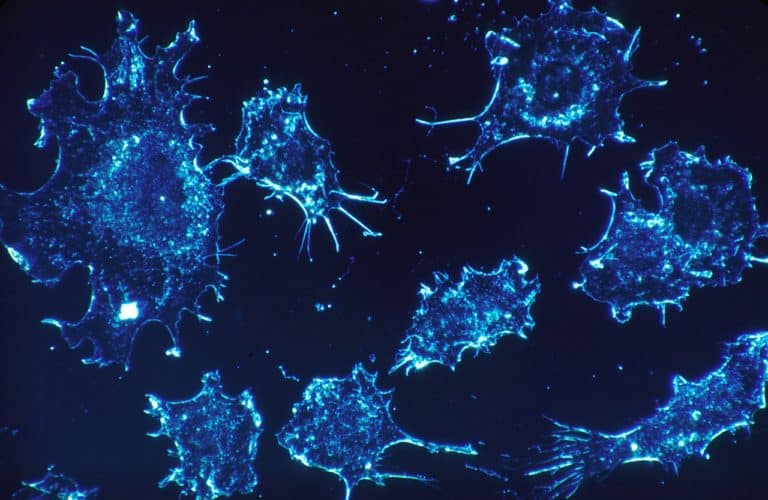The role of vitamin D in prostate cancer has been a topic of debate, but now results of a new study provide positive news of its impact on this disease. Scientists have caught a significant glimpse at how vitamin D may slow the growth of prostate cancer cells.
Vitamin D has been the center of both much controversy and vigorous research in recent years concerning the part it may play in diseases ranging from prostate cancer to rheumatoid arthritis, depression, and obesity. Regarding prostate cancer, some experts have warned that higher levels of vitamin D should be avoided.
In this new study, presented at the American Association for Cancer Research (AACR) Annual Meeting 2012 in Chicago on March 31, investigators reported on a sequence of events that indicate how vitamin D affects the rate of prostate cancer growth. Basically, higher oral doses of vitamin D raise levels of the hormone calcitriol in prostate tissue, which corresponds to lower levels of Ki67, a proliferation marker (molecule that indicates long-term outcome), and elevated levels of cancer growth inhibitory microRNAs in prostate cancer cells.
This finding was the result of a double-blind, randomized clinical trial conducted by a team of researchers from Toronto and Chicago. According to the study’s presenter, Reinhold Vieth, PhD, professor at the University of Toronto, “We expect that this early-phase clinical trial will open the door for more detailed clinical research into the usefulness of vitamin D in the treatment or prevention of prostate cancer.”
Read more in our Prostate Cancer Health Center.
Source
Oral vitamin D supplements reduced leels of Ki67 in prostate cancer cells. Presented at the American Association for Cancer Research annual meeting 2012 in Chicago. Article ID: 587398







